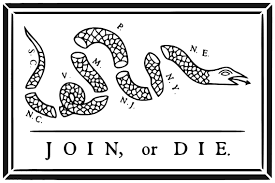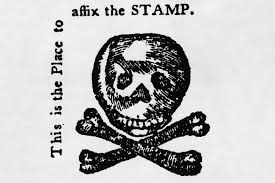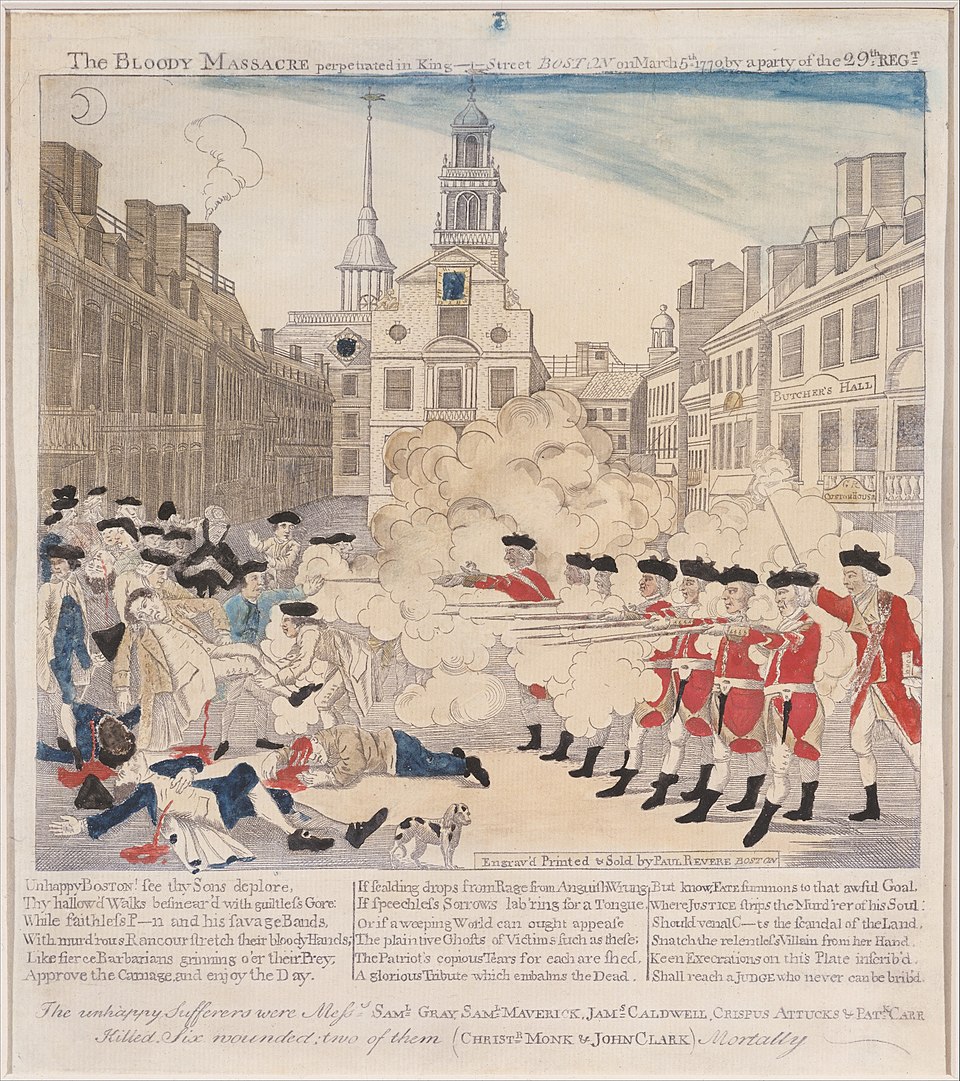APUSH period 3 test yay!!
1/65
Earn XP
Description and Tags
yawp chapters 5-7 hamilton era maybe watch to study?
Name | Mastery | Learn | Test | Matching | Spaced |
|---|
No study sessions yet.
66 Terms
period times and meanings
1754- french and indian war
1800-ish- revolution of 1800 (beginning of Thomas Jefferson’s presidency)
French and Indian war
not actually between france and the indians, but between the british and the New France colonies
allied with different Native american tribes: british with iriquois, french with huron
lasted from 1754-1763
aka seven years’ war (lets learn how to count guys)
french and indian war region
ohio river valley, past appalachian mts (important later)
Albany plan of union
created by Ben Franklin, first call to unite colonies together
boohoo completely failed, no inter-colonial union YET

result of french and indian war
The british win and get all of the land in North America that used to be French, including Canada.
1st treaty of paris
1763
made to finish conflict in ohio river valley (french and indian war)
ended up doubling british nat’l debt cuz of war
1763 british no nos
brits ended salutary neglect to get more control over the colonies to GET MORE MONEY
writs of assistance- allowed british to inspect colonists without warrants (im assuming this has to do with smuggling/black market?)
Admiralty courts- courts disbanded in colonies, all criminals had to be brought over to british courts
Virtual representation- more like VIRTUALLY NONE iykwim (colony reps can watch parliament proceedings, but have no say in anything)
Pontiac’s rebellion
same area as french and indian war
uprising of several native american tribes against british right after war, led to the Proclamation of 1763
drew Proclamation line along appalachians, brits said colonists couldnt move past unless they wanted to get killed
also the brits covered blankets in smallpox and gave them to the Native Americans to squash them. Not cool, Brits.
importance of 1763-1776
1763- proclamation line, treaty of paris
1776- declaration of independence
called “a train of abuses and usurpations” by someone i think
sugar act
1764
1st direct tax on colonies, on guess what. sugar
currency act
1764
controls currency, specifically paper money between britain and the colonies
hints of northern opposition now
What is non-importation?
the boycotting of certain british goods to oppose the taxes that were being placed on them (NOT using IMPORTED goods)
full significance later probably
Quartering act
1765
colonies have to pay for british barracks, food, clothes POST F&I war
Stamp Act
1765
taxing on lots o paper goods
pissed of the powerful ppl (lawyers, journalists, the people in the press)
led to increase in andti-british propaganda
repealed in 1766

Lead up to major events theory
preconditions—> 50-100 yrs b4, possibility
precipitants—> probability
trigger—> certainty
EVENT
MAGPIES (just so we rly know)
Migration and settlement
America in the world
Geography and the environment
Politics and power
Identity, american and national
Exchange, work and tech
Society and culture
Sons and daughters of liberty
more organized protests after stamp act
sons of liberty: brute intimidation, skirmishes with british
daughters of liberty: making goods from scratch to help with boycotting
massachussetts assembly
they did literally nothing, they just ranted abt how much the british sucked ass
declaratory act
1766 (= as repeal to stamp act)
King george: i can say whatever I want and you have to do it
took away pretty much any rights remaining from colonists
Townshend acts
1767
taxes on glass, lead, paint, paper, and tea
increase in non importation (boycotting)
Pennsylvania farmer letter thing
Massachusetts Circular letter
1768
Sam Adams
protesting Townshend acts, first to truly resist british rule
many other colonies copied
result of mass. circular letter
british takes away all rights of massachusettsans
dissolves mass. assembly
quarter soldiers in Boston
Similar thing in VA, with Virginia Resolutions, and the subsequent dissolvement of the House of Burgesses
townshend acts cut back!!
all EXCEPT tea
1770
no more non importation!

whats this?
Its the boston massacre! (1770)
worlds deadliest snowball fight
super exaggerated by press and propaganda, colonists bullied british soldier, oops he had a gun and some friends
soldiers wounded 6, killed 5
Committees of correspondence
secret communication between colonies about issues pre revolution
Tea act
1773
lowered taxes on tea
Boston tea party! they just rly didnt want that tea, did it to turn the ships around
Intolerable/coercive acts
1774 (getting close!!)
Boston port bill: closes boston harbor
Massachusetts Government Act: dissolves massachusetts charter
New Quartering Act: required to quarter british troops in ur own home
administration of justice act: ppl had to be tried in court in britain
theory vs. reality of intolerable acts
theory: punishment for boston massacre and tea party, parent disciplining child
reality: Just unified the colonies against Britain. Created 1st continental congress in Sep 1774 in Pennsylvania
Trigger for American revolution
New England restraining act (1775)
basically isolated new eng, makes it so no one can interact w them. literally put in time out
obv resistance from new england
Lexington and concord
apr. 19, 1775
new englanders (and others) have gathered supplies in bunkers for war. The brits find them and try to raid the bunkers
first battle of revolutionary war
americans won!!
2nd continental congress
1775
george wash is commander in chief
wrote olive branch petition
peace treaty w native so they didn’t have to fight two wars at once
creates a navy
searches for foreign aid
olive branch petition
letter to king george asking for better treatment, basically an ultimatum for war (we know how that ends)
Declaration of independence
1776
big bad breakup letter
officially begins war
battle of saratoga
1777
big win for the patriots!
big turning point cuz they actually won this one
boosted morale, increased hope for independence
revolutionary war how did enslaved ppl feel?
british tried promising them freedom if they fought for them
just solidified white southern mad
obviously didnt get freed
slavery left largely unchanged after war
battle of yorktown
1781
the british freaking surrender!
last major battle
2nd treaty of paris
1783
ends revolutionary war, US is officially an independent nation
republican motherhood
its women’s roles to raise virtuous, educated sons (rich and white)
put emphasis on women’s education
“remember the ladies”
by abigail adams, wife of john adams
men are naturally tyrannical, women should be treated as equals to men
Anatomy of a revolution
book by crane brinton
series of class pyramids that change with revolutions
all revolutions happen when the 2’s resent the 1’s. The 2s and 3s band together and overthrow the 1s. The 2s become the new 3s.
Articles of Confederation goals
exact antithesis of the british government
just reactionary and not forward thinking
examples:
they had taxes without representation, so they abolished taxes altogether
there was absolute power, focused in the central government, so the Articles had no central government, and they didn’t have to abide by federal law
the king could change the rules at any time, so all 13 states had to agree to make any change to their constitution
shays’ rebellion
1786 Massachusetts
Shays and other soldiers had to return to their farms after the revolution, and were promised money for their service. Instead, since the gov was broke, they didn’t get paid and their farms defaulted. They got mad and revolted.
Freaked ppl out that were in power, called for constitutional convention
how often does Jeff think revolutions should be happening?
20 years or every generation
Constitutional Convention parties
Federalists- Founded by George Wash, believed in collective government, centralized and enforced by ppl
Jeffersonian republicans/ democratic republicans: NO central government, power to individual states and people, valued the common man
Constitutional convention!!
1787
created the constitution
fully signed by 1789
20 years rule- international slave trade ended after 20 years of the nation being a thing (for monetary purposes)
supermajority (2/3) vote to ratify constitution
established uniform currency
established checks and balances
The great compromise
Combination of the Virginia and New Jersey plan.
Virginia- we should represent by population!!
New Jersey- We should represent by state!!
compromise- bicameral legislature with house by population and senate by state
checks and balances SCOTUS cases early country
marbury v. madison- judicial review, weird drama w jeff
mcculloch v. maryland- should we have a national bank? elastic clause
gibbons v. ogden- idfk honestly it prob doesnt even matter
i think we know the 3/5 compromise
yeah enslaved ppl arent a full person just 3/5
1789 holy trinity
George wash- president
hamilton- secretary of treasury
jeff- secretary of state
bill of rights
1789
democratic-republican
made by madison
1st ten amendments
madison is besties with Jefferson
storming of the bastille
start of french revolution
1789
copy cat of the american revolution
Federalist views
led by hamilton
pro-debt, argues that it creates vested interest in the success of the US
mistrustful of the poor, the elite should be more in ctrl (ham was poor)
centralized government
looser interpretation of the constitution, living document
economy and manufacturing
not hella into the french
Democratic-republican views
led by Jeff
mistrustful of the elite, easily corrupted by greed and money I think?? (jeff was rich)
pwr to the people!
extremely anti national bank
the whole financial plan really sucked tbh (TO THEM)
strict adherence to the constitution
LOVE the french
common man/common farmer
federalist financial plan
report on public credit
report on manufactures (industry is the future, not wrong)
excise tax on whiskey, put on manufacturers, but raised the prices for consumers too (1791)
whiskey rebellion of 1794
National bank believers, tried to establish (see: mcculloch v maryland)
Tariffs on imported goods
Proclamation of Neutrality
cmon guys lets not involve ourselves in wars that dont involve us- George wash
actually held true until WWII
Citizen Genet
french ambassador to America
tried to go past the proc of neutrality to recruit the common ppl to the french revolution
didnt rly want much to do with the pres—pretty bad ambassador
kind of kidnapped some ppl to join his navy? yeah not great
gets in big legal trouble (gee wonder why) and ham gets him pardoned
Jay’s treaty
1794
with britain, deemed most favorable nation to united states
EVERYONE HATES IT
tried to solve impressment with it, not rly effective (impressment = stealing ppl to get them to join ur navy genuinely what were these ppl doing)
now everyone HATES JOHN JAY
Pickney’s treaty
1795
with spain, they got the mississippi delta to the gulf of mexico yay!!
EVERYONE LOVES IT
gr8 for trade
George washington’s warnings in farewell address
no partisan fighting, actually ideally no parties
no sectionalism (lets not be all cliquey, interact w states other than the ones neighboring u)
no foreign entanglements; economic links, not political links
respect the constitution!
also set 2-term precedent
Addams Administration
1797-1801
TERRIBLE very few presidents serve for only one term
broke all 4 warnings
quasi-war with france we love!!! (1798-1800)
trying to get back the ppl that france kidnapped for their navy
xyz affair- anonymous diplomats make agreements
Jeff is a very unhappy VP
its getting pretty hot in here guys (lots of sectionalism and partisanship)
definitely entangled politically with other countries
alien acts
within constitution
1798
discuss how ppl become citizens, set grounds for naturalization
makes it much harder to become a US citizen
alien enemies act: attempt to get the french tfo
sedition acts
deffff unconstitutional
also 1798
outlaws the false publication of ppl shit talking the pres
made to end at the end of the adams presidency so he can shit talk his enemies
100 percent against the 1st amendment
marb and madison fix this issue with judicial review
Northwest ordinance
1784
how to add more states and deal with the territory in the ohio river valley
blueprint for westward expansion
virginia and kentucky resolutions
1798
kentucky more extreme, by jeff
virginia less extreme, by Madison
basically said that the states are between the ppl and the government
compact theory- pwr of the gov is derived from individual, sovereign states, not ppl (opp of contract theory)
nullification- it is the states’ duty to ignore laws deemed unconstitutional
treaty of greenville
1795
peace treaty with native americans
u get your land back, but you have to give us a crap ton of stuff and thats fair